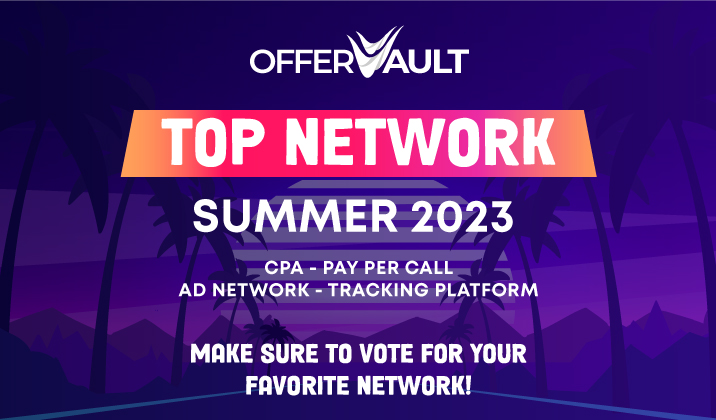On December 13, 2023, the Federal Communications Commission adopted new rules designed to protect consumers from “scam communications” by directly addressing some of the “biggest vulnerabilities” in America’s robotext defenses and closing the “lead generator” robocall/robotexts loophole.
The new rules allow blocking of “red flagged” robotexting numbers, codifies Do-Not-Call rules for texting, and encourages an opt-in approach for delivering email-to-text messages.
Closing the Lead Generator Loophole
The new rules close a loophole through which “unscrupulous robocallers and robotexters inundate consumers with unwanted and illegal robocalls and robotexts.” The new rules make it unequivocally clear that comparison shopping websites and lead generators must obtain consumer consent to receive robocalls and robotexts one seller at a time – rather than have a single consent apply to multiple telemarketers at once.
The new rules will become effective in or around August or September of 2024.
Single “Seller” Consent and Amended Definition of “Prior Express Written Consent”
One of the key issues relating to the new rules pertains to consent being sent directly to/obtained by one “seller” (end lead buyer/good or service provider) at a time.
The new rules amend the definition of “prior express written consent” under the Telephone Consumer Protection Act as it pertains to regulated technologies. For example and without limitation, artificial and pre-prerecorded voice messages. Whether bona fide manual calls/calls made not using regulated technologies are outside the scope of the new rules should be discussed with qualified lead generation and telemarketing compliance counsel.
“The term prior express written consent means an agreement, in writing, that bears the signature of the person called that clearly and conspicuously authorizes no more than one identified seller to deliver or cause to be delivered to the person called advertisements or telemarketing messages using an automatic telephone dialing system or an artificial or prerecorded voice.”
Websites, including comparison shopping websites, may be able to use different means for collecting one-to-one consent for multiple sellers. For instance, if done properly (e.g., clearly and conspicuously) and in compliance with applicable legal regulations, websites may be able to offer a check box list that permits consumers with the ability affirmatively select each individual seller that they wish to hear from. Of course, websites may offer consumers a clickthrough link to a specific business so that the business itself may gather express written consent from the consumer directly.
Logically and Topically Related Requirement
Pursuant to the new rules, “calls must be logically and topically associated with the interaction that prompted the consent and the agreement must identify the telephone number to which the signatory authorizes such advertisements or telemarketing messages to be delivered.”
For example and without limitation, robotexts and robocalls that result from consumer consent obtained on comparison shopping websites must be logically and topically related to that website (e.g., a consumer giving consent on a mortgage loan comparison website would not be deemed to have provided consent to receive robotexts or robocalls about auto insurance).
Takeaway: Those impacted by the new rules, including advertisers, networks and lead generators should immediately being to consider strategies to implement the necessary changes to ensure consent complies with the new rules. The traditional ping-post paradigm will be no more, although variations thereto vis-à-vis dynamic consent disclosures maybe possible.
Combating Robotext Sources
The new rules allow the FCC to “red flag” certain numbers, requiring mobile carriers to block texts from those numbers. The rules also codify that Do-Not-Call list protections apply to text messaging, making it illegal for marketing texts to be sent to numbers on the registry. And the order encourages providers to make email-to-text messages an opt-in service, which would limit the effectiveness of a major source of purported unwanted and illegal text messages.
Groundwork for Future Steps
In addition to the new rules, the FCC also proposed and will take public comment on additional steps it might take against robotexts. The FCC proposes additional blocking requirements when the FCC notifies a provider of a likely “scam text-generating number.” The FCC will also seek further comment on text message authentication – modeled on the implementation of STIR/SHAKEN protocols for phone calls – including on the status of any industry standards in development. The FCC also proposes requiring, rather than simply encouraging, providers to make email-to-text services opt-in. Contact an experienced lead generation compliance attorney to discuss the impact of the new rules on the lead generation industry and the implementation of legal regulatory compliance strategies designed to minimize potential liability exposure.
Richard B. Newman is a digital marketing practices attorney at Hinch Newman LLP. Follow FTC defense lawyer on X.
Informational purposes only. Not legal advice. May be considered attorney advertising.




